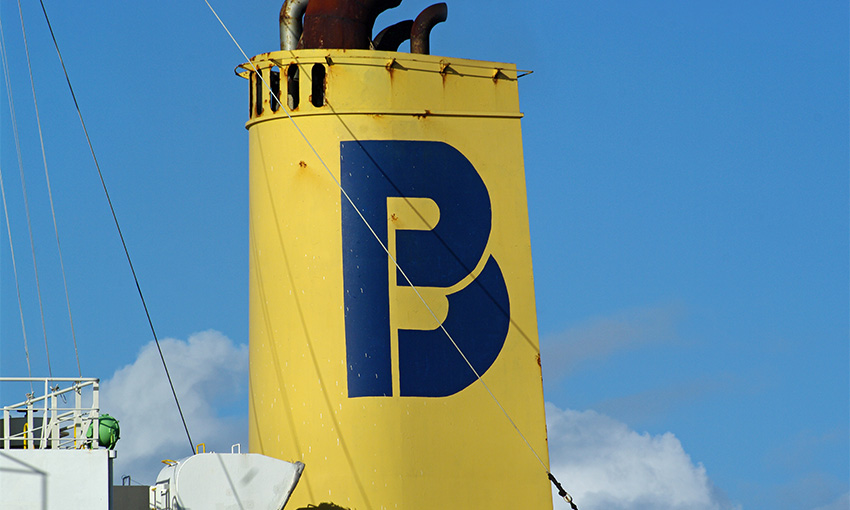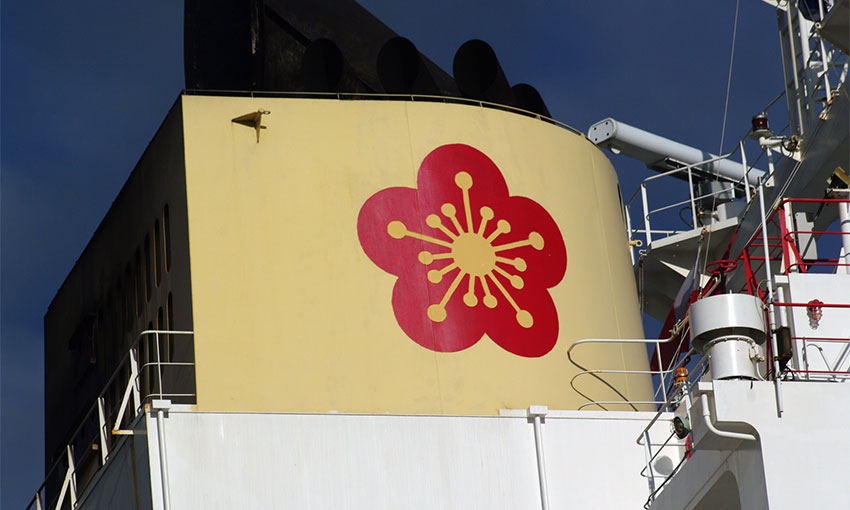HONG KONG-listed dry bulk specialist Pacific Basin Shipping has reported an unusually strong first quarter, when rates traditionally soften during the northern hemisphere winter and Lunar New Year.
PacBasin said Handysize and Supramax market freight rates in the first quarter of 2024 were above historical averages for this time of the year, excluding the exceptional years of 2021 and 2022. It attributed this to manageable fleet growth, higher dry bulk loadings, and the ongoing disruptions in the Suez and Panama Canal which are causing reduced fleet efficiency and longer voyages.
The first quarter saw an increase in the global loading of iron ore, grains and minor bulks, which included record first quarter bauxite loadings.
Market spot rates for Handysize (c.38,000 DWT) and Supramax (c.58,000 DWT) vessels averaged US$10,510 and US$12,310 net per day respectively, representing an increase of 26% and 27% year-on-year. PacBasin outperformed the Handysize and Supramax spot market indices by US$540 per day and US$1,300 per day respectively in the first quarter.
The company’s core business generated average Handysize and Supramax daily time-charter equivalent earnings of US$11,050 and US$13,610 per day respectively, representing a year-on-year decrease of 18% for Handysize, and no change for Supramax.
“Our outperformance continues to benefit from the scrubbers installed across our core fleet of Handysize and Supramax vessels, which have contributed US$30 and US$940 per day respectively to our outperformance over the first quarter of 2024,” PacBasin observed. “We continue to generate healthy cash flows at current freight rate levels, which we are committed to returning to shareholders as part of our distribution policy.”
PacBasin said it continues to be disciplined buyers of second-hand vessels given historical high prices, while remaining committed to its long-term strategy to expanding the owned fleet of Supramaxes by acquiring high-quality, modern, second-hand vessels, and to replace older and less-efficient Handysizes with younger and larger vessels.
“Given increasingly strict existing and incoming decarbonisation regulations, such older, less efficient vessels will become increasingly challenging and costly to operate and we therefore consider it wise to gradually divest ourselves of our least efficient vessels.
“We believe asset prices for new and second-hand vessels will remain elevated due to increased newbuilding input costs and limited yard capacity, and so we will remain cautious in our investment in second-hand vessels.”





